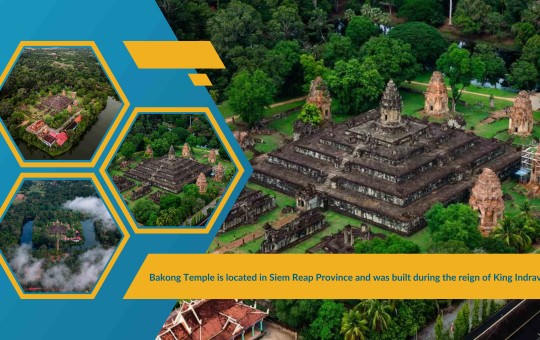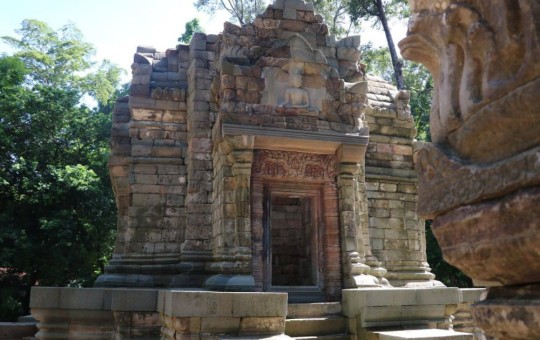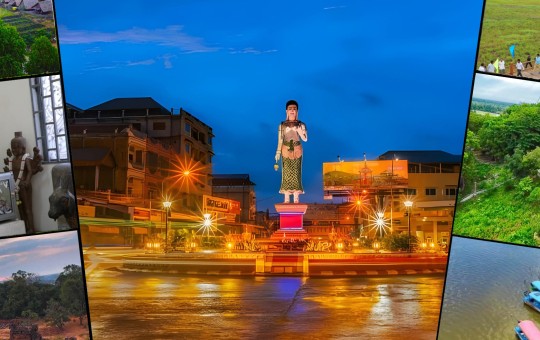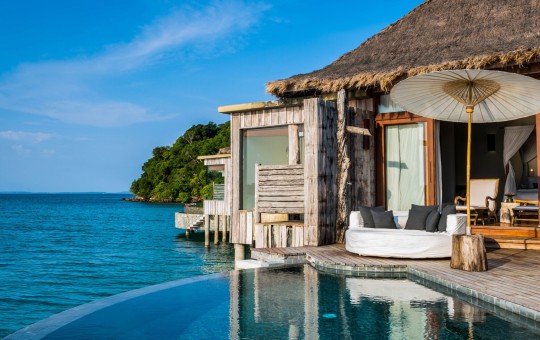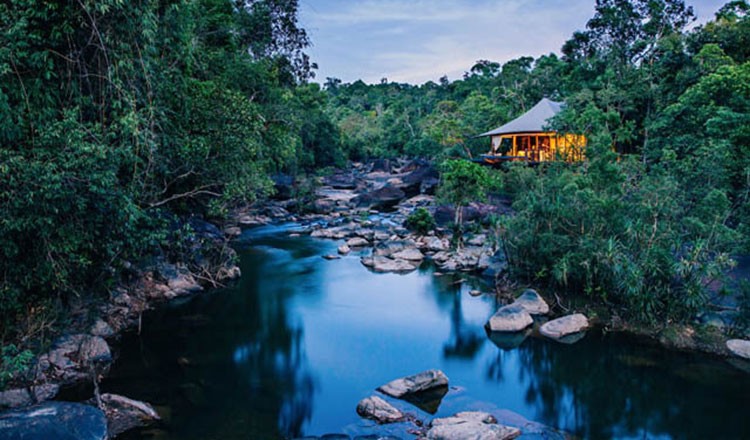
Cambodia jumps on the wagon for ecotourism
A call is being made for private sector investment for a $55 million project to develop ecotourism products in Cambodia’s Cardamom Mountains and Tonle Sap area.
The Cambodia Sustainable Landscape and Ecotourism Project (CSLEP), led by the World Bank, Ministry of Environment and Ministry of Rural Development, aims to transform Cambodia into a leading ecotourism hub.
Salimata Follea, task team leader, World Bank, said: “CSLEP is helping to set Cambodia on a course to join a select group of countries that promote ecotourism as one of their principled pillars.”
The Cardamom Mountains-Tonle Sap (CMTS) landscape spans more than 3.8 million hectares across seven provinces. Under the project, ecotourism corridors will be created to link the tourism hubs of Siem Reap and Phnom Penh with the Cardamom Mountains and Tonle Sap Lake.
CSLEP is now seeking public-private partnerships (PPP) to drive the project forward. Investment is being sought for a raft of services and activities, including eco-lodges, camp sites, and small food outlets, transport options, hiking and cycling trails, visitor centres, and nature-based adventures.
“The growing emergence of the ecotourism sector in Cambodia offers some unique opportunities for PPPs and private investment in the protected areas,” said Follea.
To encourage investors, two laws have been created for small-scale development projects: 15-year renewal concession contracts for those less than 10 hectares, and up to 50 years renewal for medium-scale projects. In addition, guidelines have been drawn up detailing the prakas (official proclamations) and investment rules and regulations.
World Bank advisor Nick Ray said the project will initially focus on key areas, including Aural district, Koh Kong, and Phnom Kulen in Siem Reap.
“This is about the future and working together to develop ecotourism in these areas,” he noted, citing Shinta Mani Wild and Cardamom Tented Camp as examples of development opportunities.
Sao Sopheap, secretary of state, Ministry of Environment, added: “Now is the right time to seize this opportunity to promote ecotourism for the sake of protected area management, the sustainable management of natural resources and biodiversity, and to help boost the local economy for local communities.”
As part of the six-year project, 500km of hiking trails are being created across CMTS in the next three years. The first trail in Siem Reap’s sacred Kulen Mountain will open in May. TTG Asia

